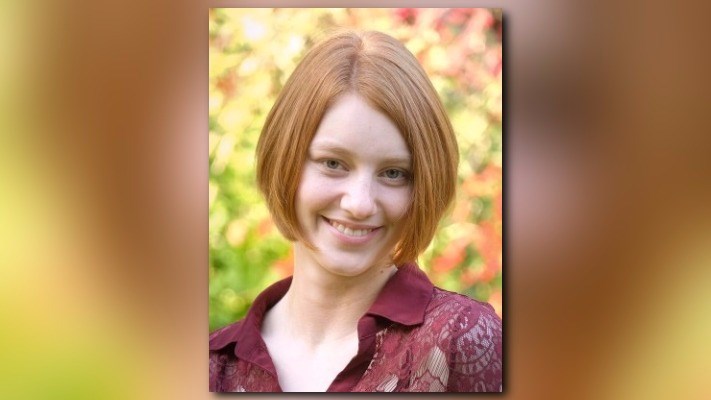CHARLOTTE, N.C. -- Health officials suspect an Ohio teen died after contracting a brain-eating amoeba infection after visiting the U.S. National Whitewater Center in Charlotte last week.
An 18-year-old girl is dead after contracting the amoeba, and her parents say their daughter did not swim in Columbus during the incubation period; she did, however, come to Charlotte for a trip and visited the Whitewater Center.
NBC Charlotte broke the story during the 11 p.m. newscast on Tuesday.
The teen was identified as 18-year-old Lauren Seitz. She was visiting the Whitewater Center with her church's youth music ministry group.
Mecklenburg County health officials held a news conference Wednesday morning to release more details. CDC officials are in Charlotte from Atlanta to start their investigation and test the water in this case.
According to the girl's pastor, the girl was in Charlotte from Ohio with a youth group. One of the stops was the Whitewater Center, where the teams went rafting. The raft the girl was riding in capsized and it is possible that the brain eating amoeba may have traveled up her nose giving her an extremely rare yet fatal infection.
County officials said they cannot say with absolute certainty that the Whitewater Center is where the girl contracted the amoeba, but it appears to be the case because the pastor says the girl was not exposed to open water at any other time in the last 10 days.
The CDC is testing the water at the Whitewater Center collecting samples to determine if that amoeba is present. The county health director says this should not stop people from going swimming.
"We think that the Whitewater Center is as safe as any body of open water," said Dr. Marcus Plescia, Mecklenburg County Health Director. "One of the things you have to realize is anytime you go swimming in a lake or a pond or any open water that is not treated the way a swimming pool is treated, there are things in that water that can cause illness."
NBC Charlotte has learned that the Whitewater Center does do some treating and testing of its water. It may not be to the level of a swimming pool, but certainly a lot more than any lake or river would receive.
County health officials said it is possible that when they're out there collecting samples they may not find the amoeba because it is so rare, but that doesn't mean she didn't contract it at the Whitewater Center. They hope to have more information in the next couple of days. Meanwhile, NBC Charlotte is working to learn more about the teen who died and if anyone needs to take extra precautions this summer.
On Wednesday, the Whitewater Center remained open under normal business operations.
The suspected cause of death was attributed to Primary Amebic Meningoencephalitis, an infection caused by Naegleria fowleri, a one-celled organism that does not cause illness if swallowed, but can be fatal if forced up the nose.
Naegleria fowleri infections are rare, officials said. According to the CDC, fewer than 10 cases have been reported annually in the United State during the last 53 years. This amoeba can cause severe illness up to nine days after exposure. A person cannot be infected with Naegleria fowleri by drinking contaminated water and the amoeba is not found in salt water.
The Mecklenburg County Health Department, CDC, Ohio Department of Public Health, Franklin County (Ohio) Public Health Department, the U.S. National Whitewater Center and the North Carolina Division of Public Health are collaborating on the investigation.
In warmer areas where this infection has been more common, recommended precautions include:
• Limit the amount of water going up your nose. Hold your nose shut, use nose clips, or keep your head above water when taking part in warm freshwater-related activities.
• Avoid water-related activities in warm fresh water during periods of high water temperature and low water levels.
• Avoid digging in, or stirring up, the sediment while taking part in water-related activities in shallow, warm fresh water areas.


